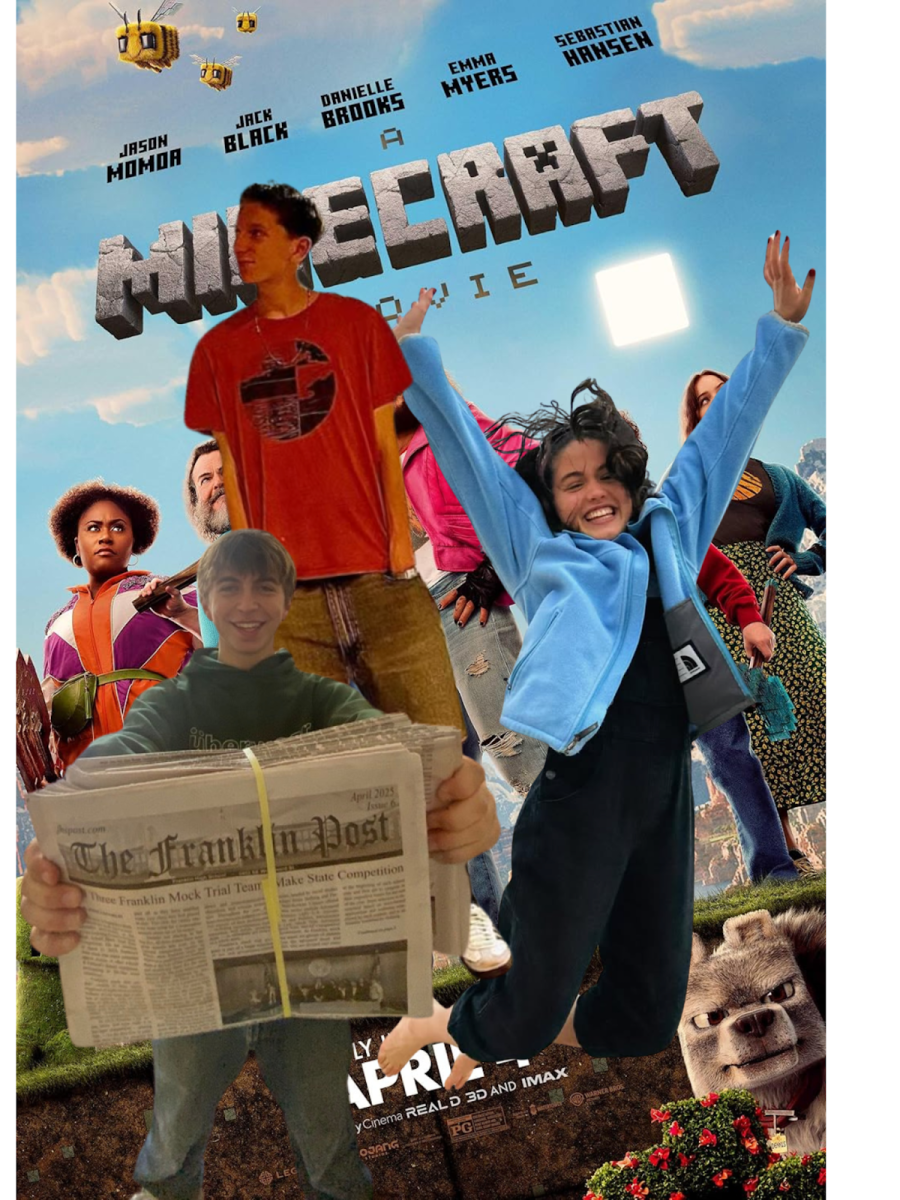
Around the world, people have been participating in studies in order to help scientists make discoveries about humankind. Often used to test the effectiveness of medication, these studies, called clinical trials, are extremely useful tools for the scientific community. Clinical trials are studies that include human subjects who are assigned to a process. A specific protocol is applied to compare or evaluate the success and effect of said process. In clinical trials, all of the participants must be volunteers to make it ethical. Clinical trial work greatly impacts the information that helps public health. It’s able to surpass what was thought possible in the healthcare world and allows people to battle illness and sickness with evolving treatments.
But how do researchers find the people they need? These studies need people from the public to volunteer but also need to reach a varied group of individuals. In order to inform the public, posters are often used. They provide information such as what would be required and sometimes even offer a stipend of money to make it more accessible. A stipend allows people from all backgrounds to take the time out of their lives and participate in the trial without causing financial harm to them or their families. Patients often need to visit the lab regularly, so fair compensation not only allows patients to participate but also encourages them with some extra cash in their pocket.
The largest research institution in Oregon is located in Portland: Oregon Health and Science University (OHSU). The university serves as a major hub for clinical trials. The trials are managed by many scientists, including Tiffani Howard. Howard has been working at OHSU for 32 years, starting her career in cancer research. She enjoyed being around the Portland community and was asked to help build clinical trials at OHSU. She now finds herself working in community engagement and making clinical trials accessible to individuals around the state.
Dr. Bonnie Nagel, a fellow employee at OHSU, used to do clinical work but now runs a lab studying how the brain works, sharing that clinical work is critical to her research. Clinical trials are the “bench to the bedside” as she says, which means that the results of the data that clinical trials collect are able to help develop treatments for patients.
In order to even begin a trial there are many steps, including developing a question, which requires plenty of research beforehand. “There are a lot of steps for the Food and Drug Administration (FDA), too” Howard adds. The FDA has to allow the drug to be tested. The trial can only begin if the steps for the FDA are approved.
In a clinical trial, there will most likely be two groups. “One gets a treatment and the other gets treatment as usual,” Nagel says. Nagel adds that clinical work often involves a comparison in which they look at results from an older treatment and then compare these with results from the new and improved treatment. This allows for a deeper understanding of what is changing, which ways the treatment has improved, and if it works more efficiently.
Clinical trials can also study more than just drugs. As Howard points out, “Not just medication, but also mental health relations, social barriers;” it all plays a role in our lives as humans, as well as in making the most accurate discoveries about ourselves through clinical work.
Clinical trials are studies where people are a very necessary part of scientific discoveries. Participating in scientific studies allows us to get a deeper understanding of how humans work and how we react to treatments, answering questions that are relevant to our society. These trials help scientists connect and see patterns through people’s lived experiences and test results.
Not only can clinical trials help our public health, but they sometimes also improve the participants’ health. These trials are often testing the newest medications and allow people to have access to the best treatment. For participants there are many benefits: Dr. Nagel points out that these benefits can be “a possibility for treatment” or to “help give back to the community.” Clinical work is just one small part of scientific discovery, but it heavily relies on the community. In order to learn more about studies, check out clinicaltrials.gov, which provides information about the trial’s purpose and what the requirements are for the participant. It also gives other necessary information such as locations and phone numbers.
































